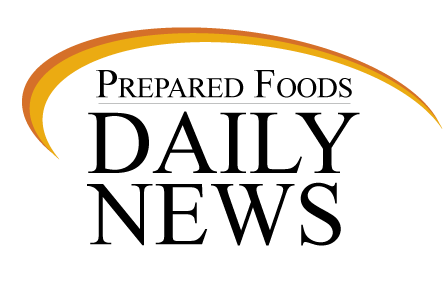The interagency working group (IWG), made up of the Federal Trade Commission, Centers for Disease Control and Prevention, Food and Drug Administration, and the U.S. Department of Agriculture, said in April companies should voluntarily end all food advertising to children unless they were promoting healthy fare, such as whole grains, fresh fruits or vegetables.
Under that proposal, salty, fatty or very sweet foods or foods with trans fats would no longer be advertised to children aged 17 or under.
However, David Vladeck, head of the FTC's Bureau of Consumer Protection, is expected to testify to a congressional committee that the IWG made major changes in its proposals.
The agency's apparent change of heart comes amid fierce opposition to any attempts at advertising curbs by the deep-pocketed food, beverage and restaurant industries, which are under increasing scrutiny for their contribution to fast-rising U.S. childhood obesity rates.
Among the most dramatic changes is FTC's decision to exempt older children from the guidelines.
"FTC staff has determined that, with the exception of certain in-school marketing activities, it is not necessary to encompass adolescents ages 12-17 within the scope of the covered marketing," according to Vladeck's written testimony, which was available on the House Energy and Commerce Committee's website prior to the hearing.
In the testimony, the FTC excluded advertising aimed at a general audience and advertising that was part of charitable or community events.
It also said it would not recommend banning clowns and cartoon characters used to advertise unhealthy foods.
Advertisers, who also are lobbying against the proposals, welcomed the changes, but said industry should be left to regulate itself.
"I think the best thing that they can do is to withdraw the proposal and endorse the (industry-supported) Children's Food and Beverage Advertising Initiative," said Dan Jaffe, vice president of the Association of National Advertisers.
Jaffe was referring to an effort that sets voluntary standards such as barring added sugars in juices and limiting flavored milk to 24g of sugar. Its participants include McDonald's Inc , General Mills Inc and PepsiCo Inc .
"We don't see why the government really needs to step into this area," Jaffe said.
From the October 12, 2011, Prepared Foods' Daily News.



